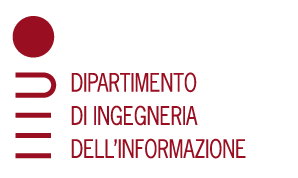Hybrid quantum information systems hold great promises for the development of quantum communication and computing due to the possibility to exploit different quantum systems at the best of their potentials. For example, in order to build a quantum network, photons are excellent candidates for long-distance transmission while quantum states of matter are preferred for local storage and processing. Hybrid (photon-matter) systems can also be used to effectively enable strong nonlinear interactions between single photons, which are a prerequisite for optical quantum computing. In the talk, we will focus on quantum dots in micropillar cavities, describing some quantum information schemes involving photon polarization and the spin of a single electron trapped in the dot. Such schemes are based on spin-selective reflection in the weak-coupling regime of cavity quantum electrodynamics. In particular we will describe coherent state transfer between the photon and the spin, a CNOT gate (where the spin is the control qubit and the photon polarization is the target qubit) and a spin-assisted photonic Bell-state analyzer. Finally, we discuss the practical implementation of the proposed schemes in oxide-apertured micropillar cavities. In particular we show experimentally that such cavities support high-quality Hermite-Gaussian transverse optical modes. We then introduce a technique, based on the creation of small surface defects by means of a focused intense laser beam, to permanently tune the optical properties of the microcavity without damaging the cavity quality. This technique allows polarization-selective tuning of the frequencies of the modes on a 150-GHz range and can be used to make the fundamental cavity mode polarization-degenerate, as it is needed for quantum information applications.






